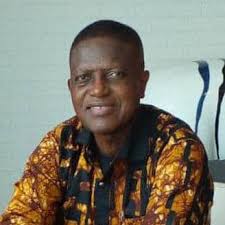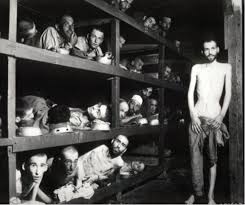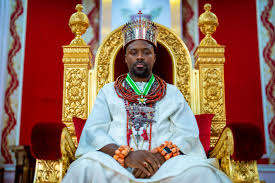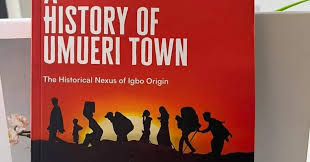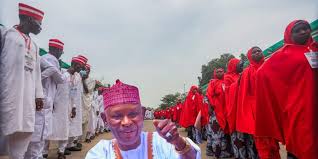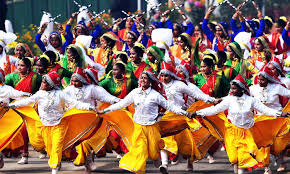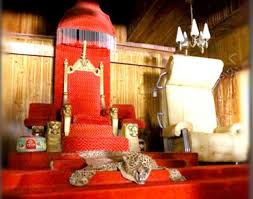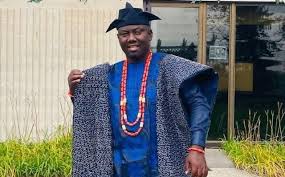Dr. Wale Okediran, a Nigerian author and Secretary-General of the Pan African Writers Association (PAWA), has called for greater efforts to document the lives of African leaders and achievers. Speaking at the Toyin Falola Interviews panel on the theme Biography Writing: Promises and Perils, Okediran noted the lack of comprehensive biographies on key African figures. …
